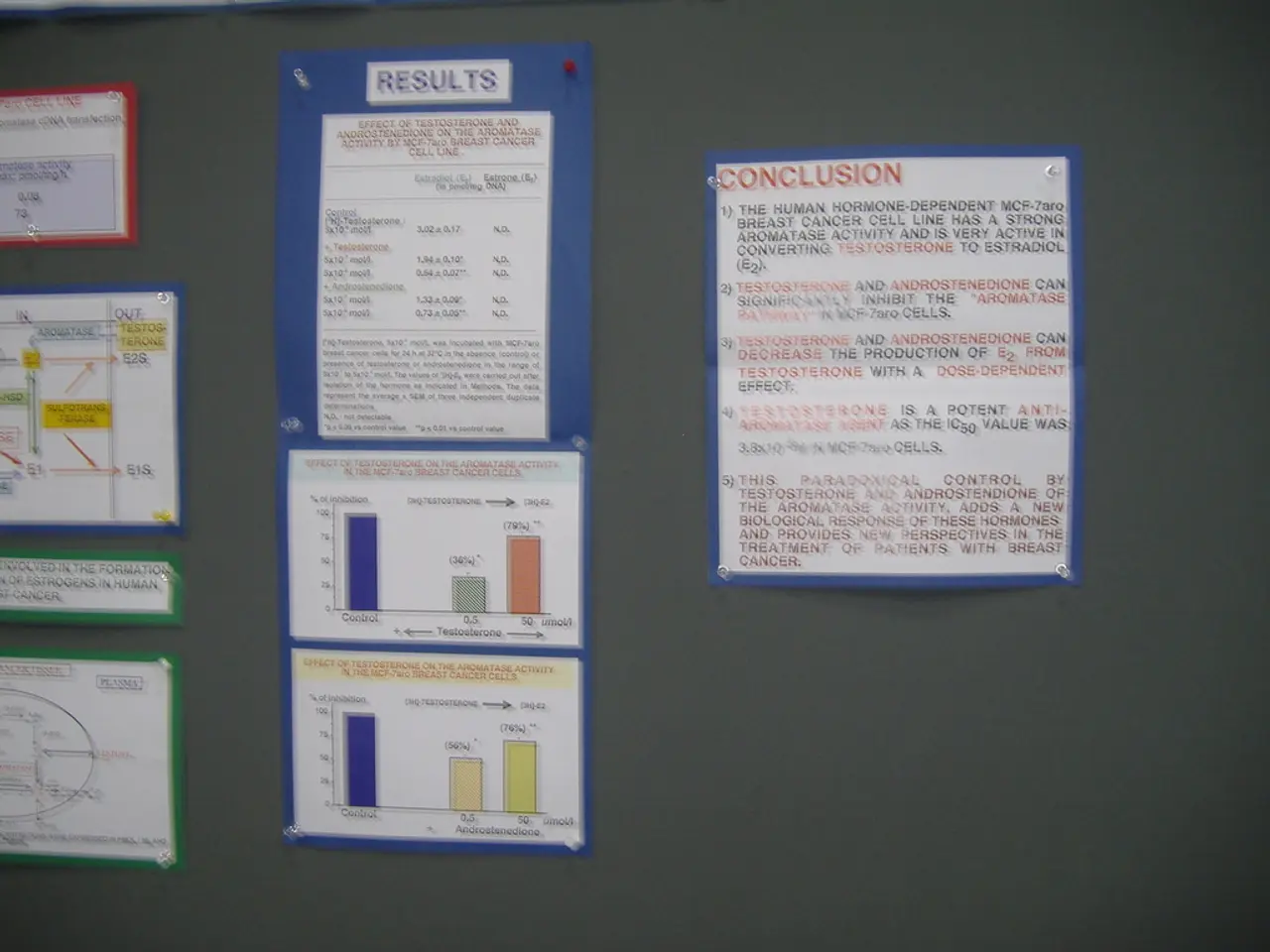EU Advocacy: GRI Endorses Document Addressing Sustainable Reporting Standards
The Corporate Sustainability Reporting Directive (CSRD) and Corporate Sustainability Due Diligence Directive (CSDDD) are two significant initiatives in Europe aimed at enhancing sustainability transparency and accountability.
The CSRD: A Stepping Stone for Enhanced Sustainability Reporting
Adopted in 2022, the CSRD is set to replace the Non-Financial Reporting Directive (NFRD) and will come into effect from January 2024. The CSRD affects approximately 50,000 companies, a significant increase from the 11,000 under the NFRD.
Recent developments in the CSRD include the introduction of the Omnibus Proposal in February 2025, which includes changes such as raising the employee threshold for reporting companies and delaying reporting deadlines for some firms. While these changes aim to reduce administrative burden, they may slow down progress on sustainability reporting.
Drafts of updated European Sustainability Reporting Standards (ESRS) were published on July 31, 2025, and are open for consultation until September 29, 2025. These revisions aim to simplify and align the standards with international frameworks like the Global Reporting Initiative (GRI) and the International Sustainability Standards Board (ISSB).
A Level Playing Field for Sustainability Reporting
The CSRD ensures a level playing field by requiring companies to report on their environmental, social, and governance (ESG) performance in a standardized manner. This facilitates comparability and reduces greenwashing, allowing stakeholders to assess companies' sustainability impacts objectively.
The Double Materiality Principle
The CSRD and its reporting standards, ESRS, incorporate the double materiality principle. This principle requires companies to disclose not only how sustainability factors affect them financially but also their impact on the environment and society. This approach provides a more comprehensive view of sustainability performance.
Alignment with Global Standards
The revised ESRS seek to align with global standards set by organizations like GRI and ISSB. This alignment enhances the international consistency of sustainability reporting, facilitating global comparisons and benchmarking.
The CSDDD: Standardizing Due Diligence Practices
The CSDDD is part of the European Union's broader strategy to embed sustainability into corporate governance. While specific updates on its implementation status are not detailed in the provided search results, it complements the CSRD by focusing on companies' due diligence processes related to sustainability risks and human rights.
The CSDDD will likely play a crucial role in ensuring that companies operate under similar rules regarding sustainability due diligence, further enhancing the level playing field by standardizing how companies assess and manage sustainability-related risks.
In summary, the CSRD is a key driver for enhancing sustainability reporting in Europe, ensuring a level playing field by mandating standardized ESG reporting. The recent revisions to the ESRS aim to improve clarity and alignment with global standards. The CSDDD will further support this endeavor by standardizing due diligence practices around sustainability risks.
Read also:
- Trade Disputes Escalate: Trump Imposes Tariffs, India Retaliates; threatened boycott ranges from McDonald's, Coca-Cola to iPhones
- Li Auto faces scrutiny after crash test involving i8 model and a truck manufacturer sparks controversy
- Construction and renovation projects in Cham county granted €24.8 million focus on energy efficiency
- Twitter profile of Peng experiences increased popularity in Hong Kong amid anticipation for Q4 launch of extended-range profiles




